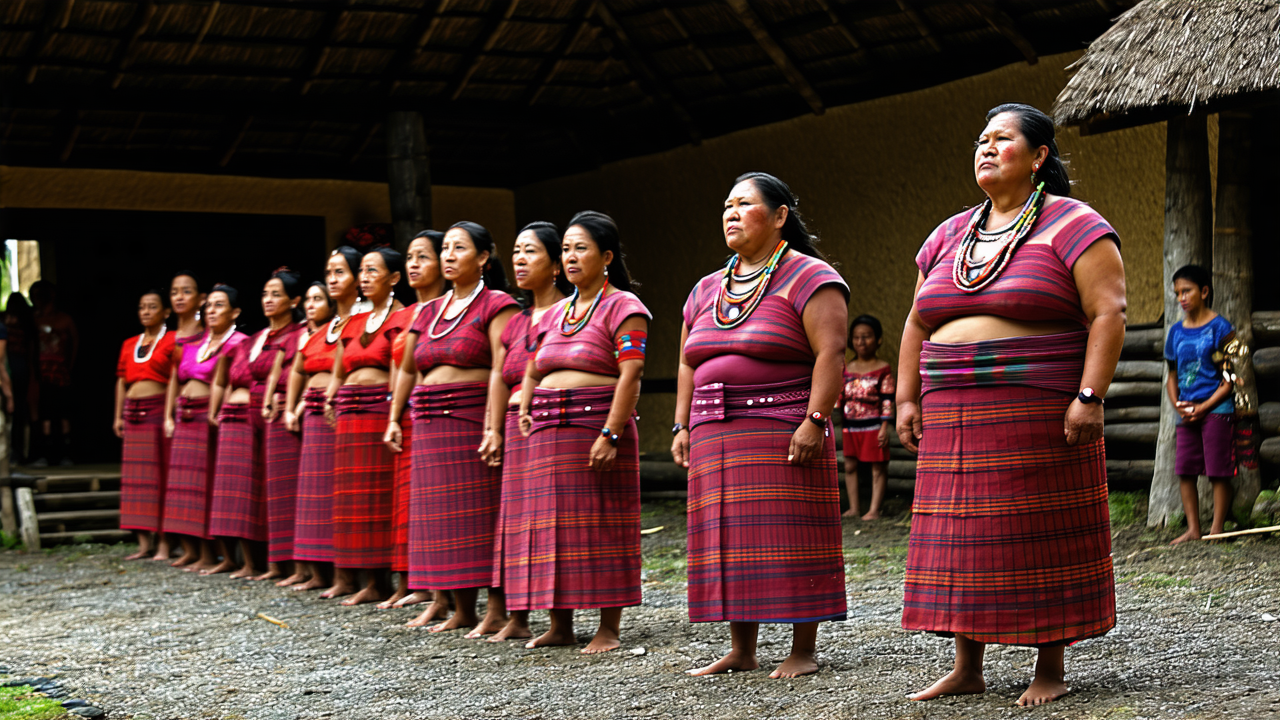Māori Women Unite in Ōtautahi to Reclaim and Protect Sacred Karanga Traditions
Māori Women Unite in Ōtautahi to Reclaim and Protect Sacred Karanga Traditions
More than 50 Māori women from across Aotearoa gathered at Rehua Marae in Ōtautahi for Tīhei Waitaha, a wānanga dedicated to the revitalisation and protection of the sacred taonga of karanga. This gathering, facilitated by Heeni Te Whakaako Kereru (Liz) and led by the rōpū Te Kōkōwai Māreikura o Mātangireia, was a powerful moment of unity, cultural reclamation, and empowerment for Māori women.
The event celebrated five respected māreikura—Rānui Ngārimu, Alamein Connell, Tihi Puanaki, Te Herehere Tukaki, and Roberta Arahanga—who have upheld the mauri of mahau across generations. Their presence and teachings were central to the kaupapa, which emphasized the living tikanga of karanga, not just as an art form, but as a vital cultural expression.
Heeni Te Whakaako Kereru (Liz), known in the rohe as Whaea Liz or Aunty Liz, described the day as one of activation rather than mere teaching. “This is about awakening the punaroimata, stirring the emotions that lie within wāhine as kaikaranga, as māmā, and as kuia,” she said. The wānanga aimed to deepen the understanding of women’s place within te ao Māori and to encourage them to walk confidently in their cultural identity.
Kereru, a grandmother of 10 and a passionate advocate for Māori culture, highlighted the intergenerational movement behind the kaupapa. “My job as a māreikura is to make sure our mokopuna are safe and confident in who they are as Māori,” she said. She referenced the whakataukī, Mō tātou, ā, mō kā uri ā muri ake nei—for us and our children after us—and spoke about the strength that comes from unity and knowing one’s roots.
The wānanga also challenged the notion that karanga is only for the pōhiri process. Kereru said, “Karanga is a form of communication. It doesn't only belong to the pōhiri process. We're teaching our next generation that it can be used anywhere, it's not something that should be locked away.”
Danna Robson, one of the wānanga organisers, said the event was about recognising that every wāhine holds mana, regardless of background. “Some people say the word māreikura should only be for a select few,” she said. “But everybody is worthy.” The gathering made space for those who hadn’t grown up in kōhanga reo or kura kaupapa, offering a platform for all wāhine to reclaim their power.
Rehua Marae was chosen for its inclusive nature and deep whakapapa connections across Aotearoa. Kereru said, “It just goes back to that whakatauki: Aroha ki te tangata, ahakoa ko wai, ahakoa nō hea—love people, no matter who they are or where they are from.” This was a space of safety and aroha, where the strength of their tūpuna was felt.
Kereru said the impact of the day was written on the faces of those who came. “Some weren't sure if they were even ready to come. But by the end of the day, you could see it, that realisation of 'I am worthy of this. This is for me.' They've been empowered. And not just as reo karanga, as wāhine Māori.”
With demand already growing, the organisers said they would take a moment to rest before turning to what came next. “We haven't even debriefed yet, but people are already asking about the next one,” Robson said. “That tells us everything.”
